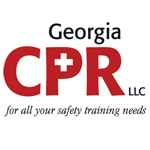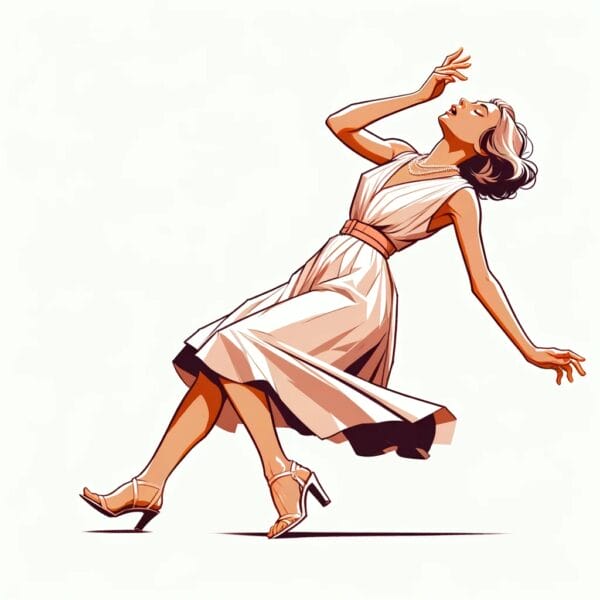Fainting
You are at a gathering, one moment a person in the group is fully conscious, even engaging in conversation with another. Before you realize it, they simple collapse and are on the floor, unconscious. This can be pretty scary, and while it’s usually not super serious, it can be, so we cover this topic in our Atlanta CPR classes. Fainting is to what I am referring. Fainting is the short term loss of consciousness from the decrease in blood flow to the brain. There are many causes of fainting. It is important to know what is going on and how to treat and possibly prevent fainting.
Causes of Fainting
As mentioned, there are many causes of fainting. Here are some of the most common:
- Emotional trauma
- Sudden drop in blood pressure
- Dehydration
- Low blood sugar
- Hyperventilation
What actually happens with many of these causes, is that one way or another, the precipitating factor lowers the pressure of blood to the brain. This happens from more than one potential mechanism in the body. The most common mechanism is when these things in the above list increase the level of acetylcholine in the system. Acetylcholine is the opposite of adrenaline. So, let’s say you see something horrible or hear bad news. your Vagus nerve triggers a dump of acetylcholine into your bloodstream, knocking out all of your adrenaline, lowering your blood pressure, causing fainting.
Treating Fainting
When someone faints, our first priority is to make sure they don’t further hurt themselves. Of course we don’t want to hurt ourselves either, and that’s possible. I will assure you, if I faint and you try to catch me, we are both going down. Think of it this way, if you try to catch the weight of 7 cinder blocks (28lbs ea.), do you think you could carry it?
Noop. Not a chance. As much as we like to consider ourselves strong, we need to acknowledge our physical limitations.
Here’s what you do when someone faints according to WebMD:
- Try to easy the person to the floor
- Try vigorously to revive the person
- When they wake up, give them some fruit juice or sugary drink
- Stay with them
They state that we should always call 911 if the person:
- Has blue lips or face
- Has a heart beet that doesn’t seem normal
- Has chest pain
- Are difficult to awaken
- Is acting out of sorts or confused
Preventing Fainting
- Make sure you don’t go too long without eating
- Avoid hot rooms, which can increase the chance of fainting
- Ensure you stay properly hydrated
- Be sure to flex leg muscles if you have to stand for a long time
Remember: Start CPR (Just push on the center of the chest hard and fast) if someone:
- Is unconscious
AND
- Is NOT breathing


